In his opening speech at the seminar, Deputy Minister Nguyen Thanh Ngoc emphasized that to promote and maintain a culture of law compliance, it requires the cooperation of the entire political system, in which officials, civil servants, businesses and people must all promote their roles and responsibilities. Building a culture of law compliance is not only a legal requirement but also a key factor contributing to improving the effectiveness and efficiency of state management and sustainable social development.
The Deputy Minister suggested that the comments at the Seminar focus on a number of key contents such as: clarifying the concept of culture of law compliance; identifying the factors that form a culture of law compliance and clarifying the relationship between culture of law compliance and related concepts such as legal awareness, office culture, and public service culture. At the same time, it is necessary to identify the factors that maintain a culture of law compliance and, from local practice, assess the current level of law compliance at three levels: officials and civil servants; businesses; and people, thereby proposing specific solutions.
In his report at the Seminar, Deputy Director of the Department of Legal Dissemination, Education and Legal Aid Phan Hong Nguyen clarified the concept, content, factors forming and influencing the culture of law compliance. Accordingly, the culture of law compliance in a broad sense is the values, standards, and habits formed and maintained in the community and expressed through the attitude of respecting the law, correct beliefs and perceptions, and proactive, positive, voluntary, and complete behavior and compliance with the law.
A culture of legal compliance is a manifestation of sustainable development in legal awareness, reflecting the level of connection between law and social life, the result of legal education and the formation of legal behavioral standards in the perception and actions of individuals and the community. In the process of building a rule-of-law state, creating and maintaining a culture of legal compliance is a strategic task, requiring the coordination of state agencies, social organizations and people, especially officials and civil servants. Only when the law is implemented voluntarily, can a culture of compliance become the foundation for democracy, discipline and social justice.
Deputy Director of the Department of Legal Dissemination, Education and Legal Aid Phan Hong Nguyen reported at the Seminar
From there, a number of solutions are proposed to build a culture of law compliance such as: perfecting the legal system in a constructive, transparent and people-centered direction; innovating policy communication and legal education; enhancing the exemplary role of cadres, civil servants and party members in performing public duties and complying with the law; closely linking the building of a culture of law compliance with moral education, lifestyle, and building human culture; arousing the role of the people as subjects in creating and practicing a culture of law compliance.
In his concluding remarks at the seminar, Deputy Minister of Justice Nguyen Thanh Ngoc said that the concept of “culture of law compliance” needs to be approached from both theory and practice, but the important thing is that it must be easy to understand, easy to remember, and easy to apply for the people. It is necessary to shift from passively implementing the law to the habit of voluntarily and proactively complying with the law. The difference between “law compliance” and “culture of law compliance” lies in the fact that: if compliance is only a necessary condition, then legal culture is a sufficient condition, becoming a voluntary behavior, civilized behavior, and daily lifestyle of each person.
The Deputy Minister also proposed a number of key groups of solutions to effectively build a culture of law compliance, specifically:
Firstly, to strengthen and improve the quality of education on ethics and lifestyle from an early age, from the grassroots level, it is necessary to continue to promote and develop all traditional cultural values and national identity;
Second, innovate thinking, improve the effectiveness of legal dissemination and education, in which it is necessary to continue to improve the National Law Portal, which is a place for legal dissemination and legal aid;
Third, strengthen the review and timely amendment of conflicting and overlapping regulations to perfect the legal system, ensure the strictness and fairness of the law, compliance with regulations, no "prohibited areas", no exceptions; ensure social security, create conditions for people to confidently comply with the law.
Fourth, building a team of cadres who are exemplary, ethical and have a high sense of responsibility, setting an example so that people and businesses have faith in the law.
Source: https://sotuphap.camau.gov.vn/thoi-su-chinh-tri-va-tin-tuc/dinh-hinh-van-hoa-tuan-thu-phap-luat-tu-nhan-thuc-den-hanh-dong-286700







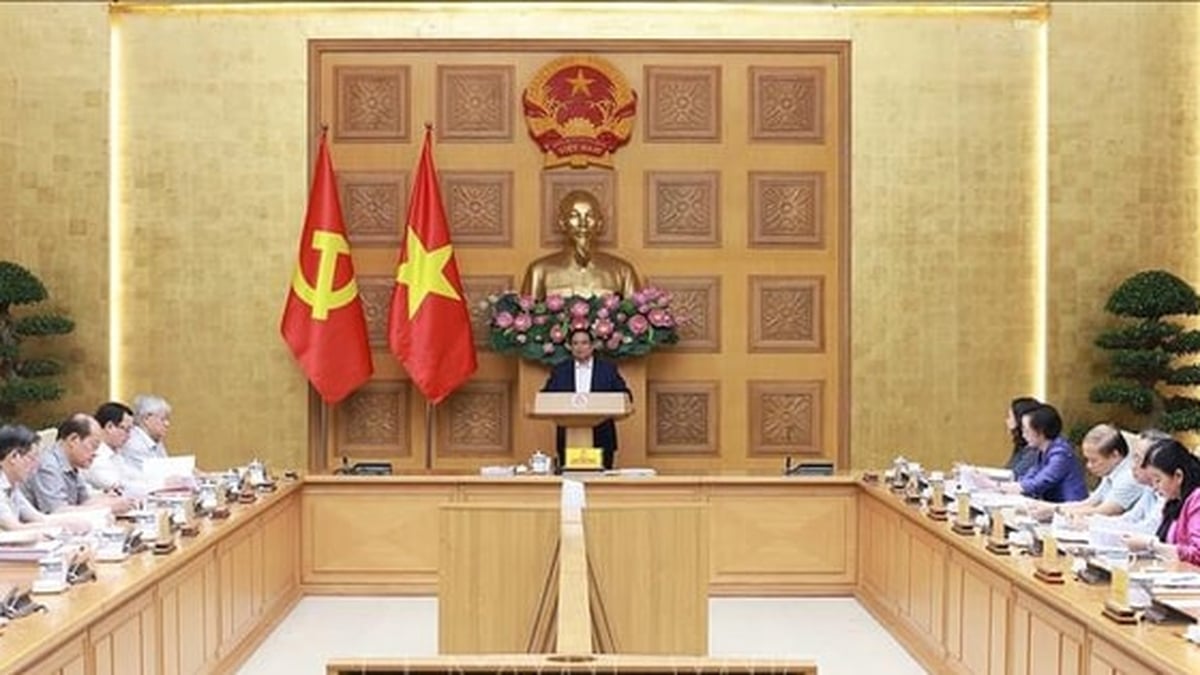

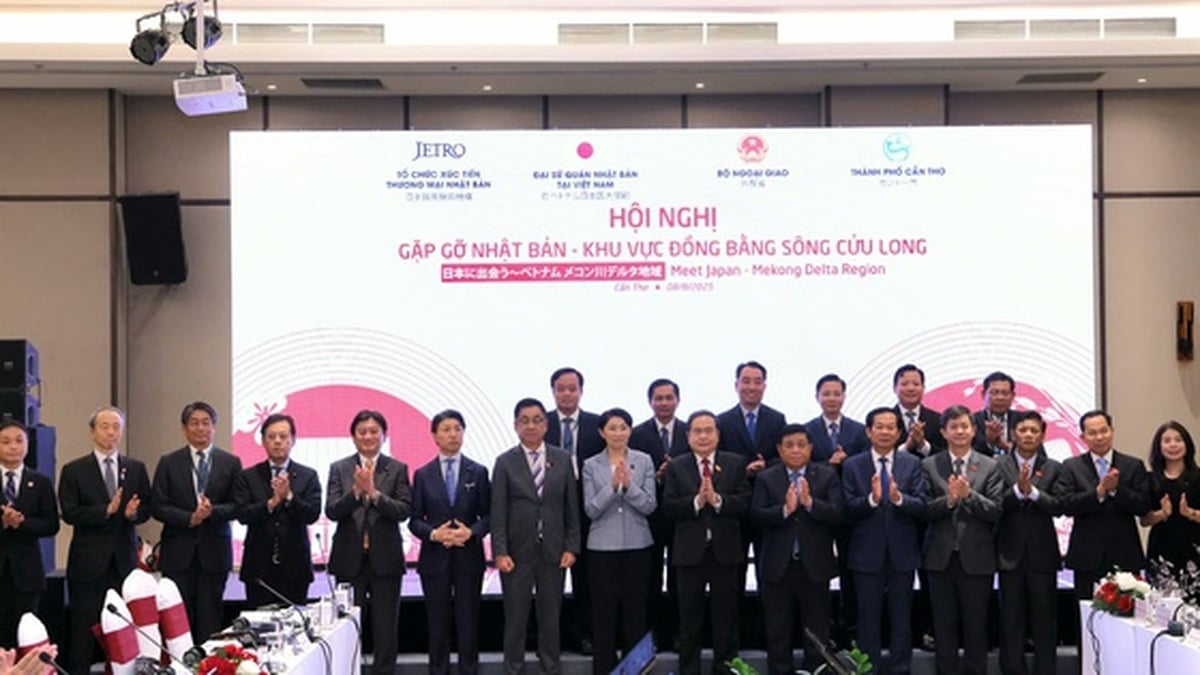



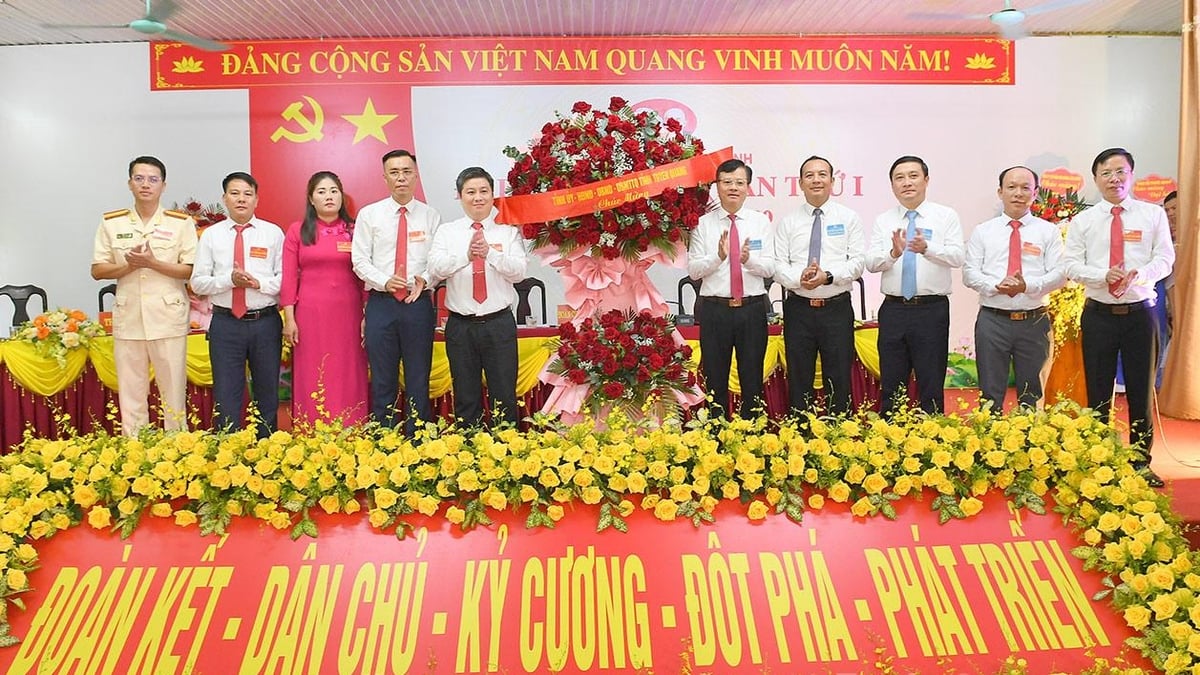













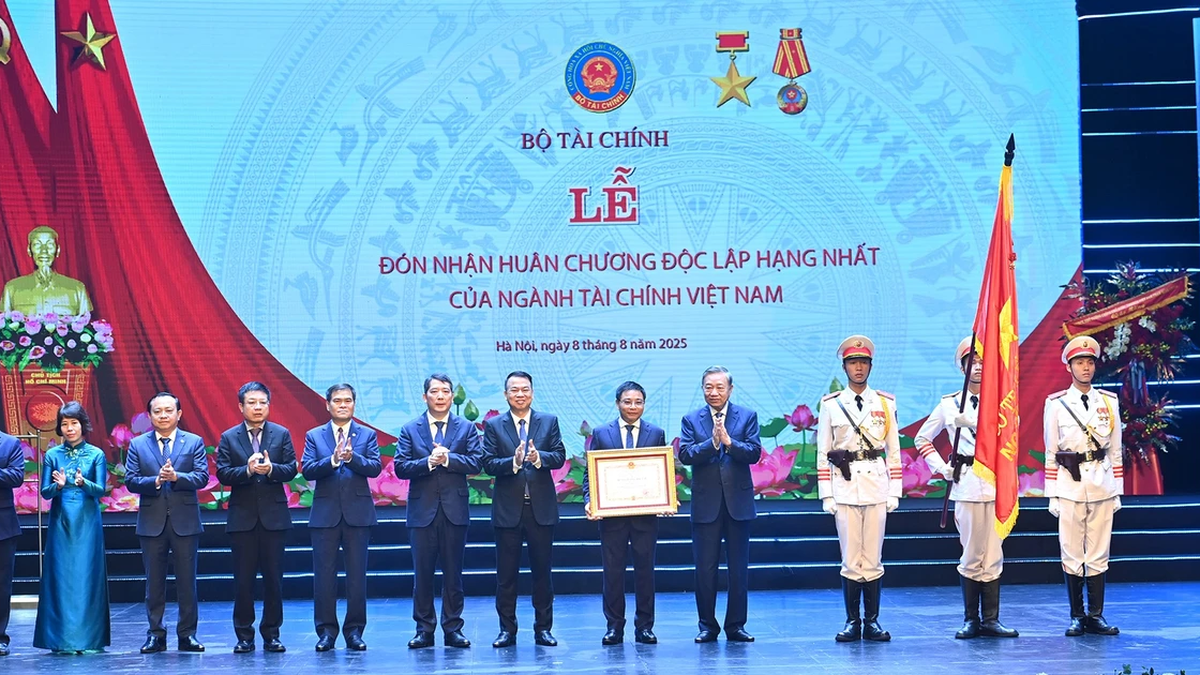














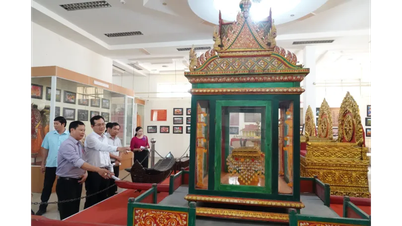




















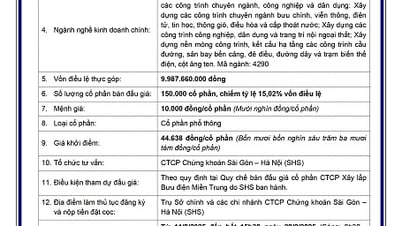
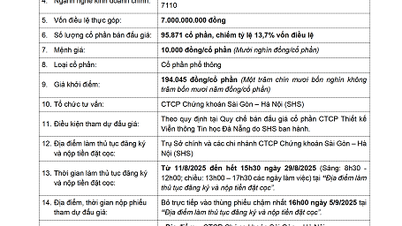










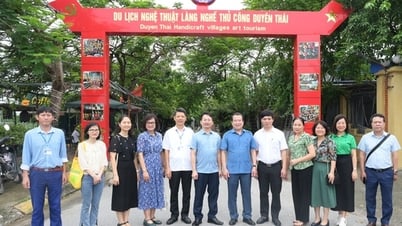
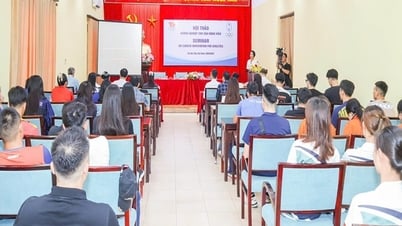

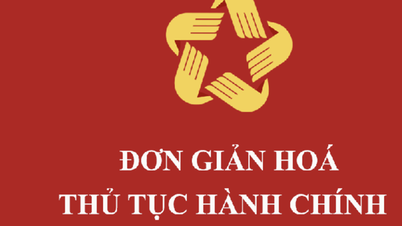

























Comment (0)